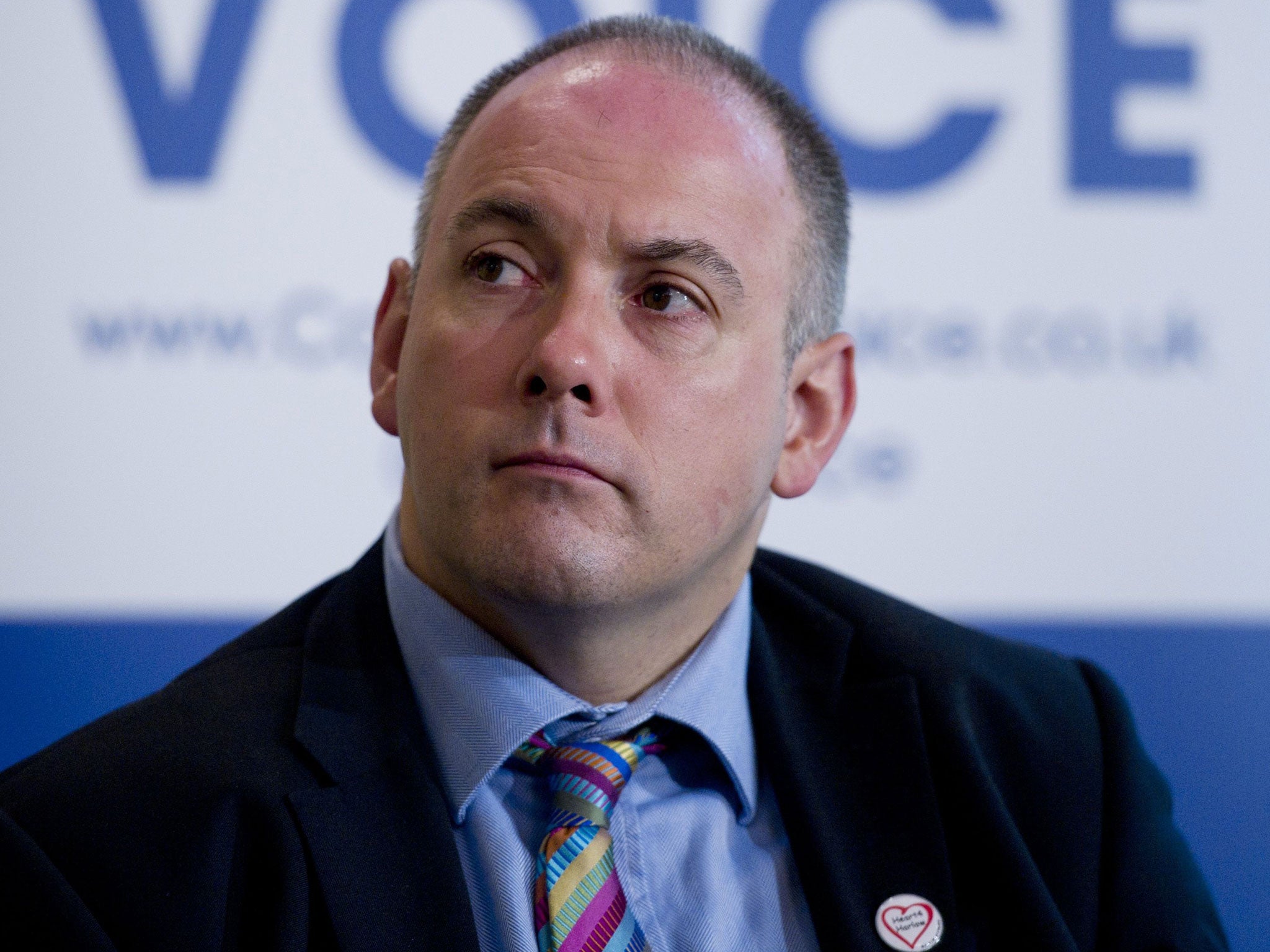We’re not posh: Tories rebrand party to win friends in the North
Conservatives aim to shed ‘rich’ image in bid to win over crucial voters outside the South East

Your support helps us to tell the story
From reproductive rights to climate change to Big Tech, The Independent is on the ground when the story is developing. Whether it's investigating the financials of Elon Musk's pro-Trump PAC or producing our latest documentary, 'The A Word', which shines a light on the American women fighting for reproductive rights, we know how important it is to parse out the facts from the messaging.
At such a critical moment in US history, we need reporters on the ground. Your donation allows us to keep sending journalists to speak to both sides of the story.
The Independent is trusted by Americans across the entire political spectrum. And unlike many other quality news outlets, we choose not to lock Americans out of our reporting and analysis with paywalls. We believe quality journalism should be available to everyone, paid for by those who can afford it.
Your support makes all the difference.A drive to shed the Conservatives’ image as the “party of the rich” will be launched by Tory MPs next week as they try to reposition the party as a champion of the low paid.
The campaign will target working class and ethnic minority voters outside the Tories’ South East heartlands as part of the party’s effort to win crucial marginal seats in the North and Midlands. It will need to do so to win an overall majority at the 2015 election.
The Tory MPs have linked up with think-tank experts to draw up ideas for the party’s manifesto designed to show it is on the side of ordinary people by putting the cost of living and jobs at the top of its agenda.
Proposals include softening the Tories’ “harsh” and “uncaring” image in the north, by giving local authorities the power to reduce the benefit sanctions faced by the unemployed, so councils could take account of local job losses. Benefit rates would still be set nationally.
Some Tory MPs are privately worried about David Cameron and George Osborne’s label as “two posh boys” and rhetoric from ministers dividing people into “scroungers and strivers”. However, organisers of the campaign believe the party’s “branding problem” in the North is mainly a legacy from the huge job losses during the Thatcher Government.
Other ideas include a higher national minimum wage than the current £6.19 per hour, funded by cuts in employers’ taxation so that it would not force companies to cut jobs. The threshold at which companies start to pay tax would be raised, as it has already been done for low paid workers.
Gas and electricity companies would be freed from hitting renewable targets, so that domestic customers could get a rebate on their bills. But targets for reducing carbon would remain. In the short term, the freeze on petrol duty would be extended until the 2015 election.
To create jobs and help people get on the housing ladder, planning powers would be devolved to northern cities so councils could allow housebuilding in the green belt if local people backed the idea. The director of the group will be David Skelton, the Consett-born former deputy director of Policy Exchange, a think-tank with close links to Mr Cameron’s modernising project. He said: “It’s still possible for the Conservatives to win a majority at the next election, but to do so they need to continue to show that they’re on the side of hard-working people.”
He added: “The Government has already made considerable steps in the right direction in tackling the rising cost of living and lifting the poorest out of tax altogether. They now have to look at further ways of raising the real incomes of working people, as well as taking bold measures to associate the party with job creation and fighting unemployment.”
A pamphlet to mark the launch of the new group on Monday will include contributions by Conservative MPs including Treasury and Cities Minister Greg Clark; Robert Halfon; Stephen Crabb; Douglas Carswell; Paul Uppal; Gavin Barwell; Rachel McLean and Laura Sandys.
Spending cuts introduced by the Coalition since 2010 have also harmed the Tories’ standing among some voters in the north, especially public sector workers. The party’s unpublished inquest into its failure to win an overall majority at the last election found that the main reasons included a lack of support among public sector employees and ethnic minorities and in Scotland, where it has also been seen as “uncaring” since the Thatcher era.
Halfron to court ‘Essex man’ for Tories
Robert Halfon coined the phrase “white van man Conservatism” as he ran a successful campaign to persuade George Osborne to scrap a planned 3p-a-litre rise in fuel duty last December.
Now Mr Halfon and like-minded Tories are looking to extend the “white van man” agenda as they try to broaden their party’s appeal ahead of the 2015 general election.
Admirers describe him as one of the best campaigners in Parliament. His battle on fuel duty was fought on Twitter, Facebook and Google advertising as well as at Westminster. As MP for Harlow, has every interest in courting “Essex man”, the voters credited with Margaret Thatcher’s three election victories.
Harlow is a bellwether seat. Labour, which had a majority of 97 at the 2005 election, is hoping to overturn Mr Halfon’s 4,925 majority in 2015. Mr Halfon, 46, wants Cabinet ministers to be careful not to alienate working class voters by attacking trade unions in the dispute over Labour’s union links.
Join our commenting forum
Join thought-provoking conversations, follow other Independent readers and see their replies
Comments